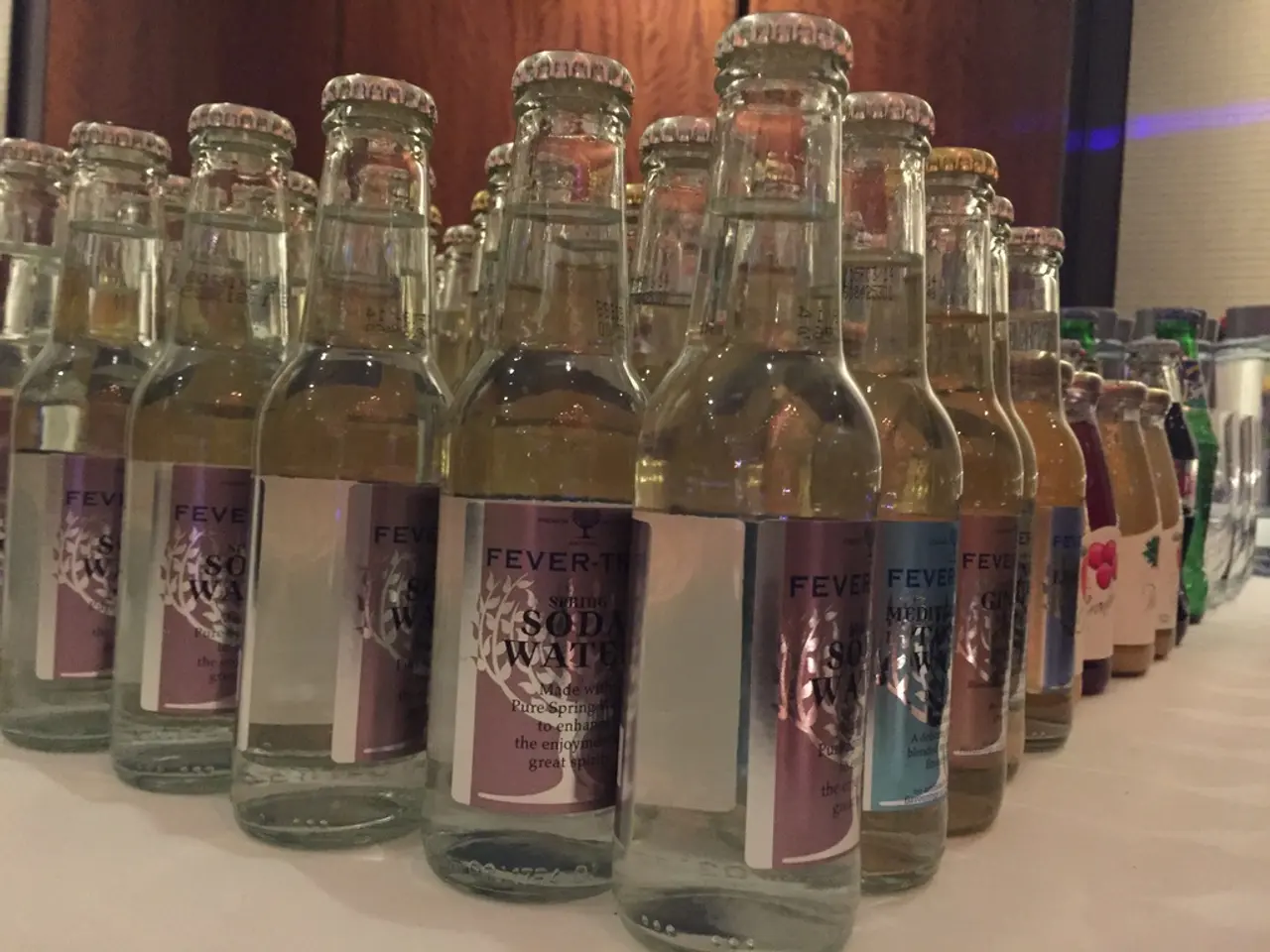Waterless planets may nevertheless generate specific liquids, a recent study suggests
Researchers have discovered that ionic liquids, a type of salt that remains liquid at a broad range of temperatures and pressures, could potentially form and exist naturally on exoplanets, expanding the traditional concept of the "habitable zone" and providing promising new targets in the search for extraterrestrial life.
This groundbreaking research, supported by the Sloan Foundation and the Volkswagen Foundation, was initiated as an effort to search for signs of life on Venus, where clouds of sulfuric acid envelope the planet in a noxious haze. The team's work grew out of an investigation into ways to collect and evaporate sulfuric acid, a byproduct of volcanic activity on rocky planets, and found that a stubborn layer of liquid always remained. This layer was later identified as an ionic liquid.
Sulfuric acid and nitrogen-containing organic compounds, which have been detected on several asteroids and planets in our solar system, are key ingredients in the formation of ionic liquids. These compounds are expected to be found on the surface of some rocky planets and moons, suggesting they may be present in other planetary systems as well.
Unlike water, ionic liquids have extremely low vapor pressure and can stay liquid in hot, low-pressure environments unsuitable for liquid water. This makes them a potential solvent for metabolism and life processes in extreme environments. Some biomolecules, such as proteins, can remain stable in ionic liquids, making them a hospitable environment for these essential building blocks of life.
The discovery that ionic liquids could potentially form on planets that are too warm and host atmospheres too thin for water to exist has significant implications for the search for life beyond Earth. Potential habitats for life supported by ionic liquids include rocky planets and moons where liquid water is scarce or absent but where volcanic activity produces sulfuric acid and nitrogen-containing organic compounds.
These environments could exist on planets that are warmer than Earth with thin or almost no atmospheres. Such ionic liquids can remain stable on the surface of these planets, potentially for years or millennia, creating small liquid pockets that might support simple life forms based on fundamentally different biochemistries than Earth’s water-based life.
The study, published in the Proceedings of the National Academy of Sciences, proposes that ionic liquid could dramatically increase the habitability zone for all rocky worlds, potentially including planets previously deemed uninhabitable due to the lack of water. The researchers plan to investigate further to see what biomolecules and ingredients for life might survive and thrive in ionic liquid, providing exciting new avenues for the search for extraterrestrial life.
- Ionic Liquids and the Search for Extraterrestrial Life
- Ionic Liquids as a Potential Solvent for Life Beyond Earth
- Ionic Liquids Could Support Life on Planets Where Water Can Barely Exist
- Ionic Liquids Expand the Habitable Zone for Exoplanets
- Ionic Liquids: A New Frontier in the Search for Extraterrestrial Life
- This research on ionic liquids, supported by the Sloan Foundation and the Volkswagen Foundation, may open new possibilities in the search for extraterrestrial life, as they could potentially exist on exoplanets, expanding the concept of the "habitable zone".
- The discovery that ionic liquids could potentially form on planets with extreme temperatures and pressures, such as those found in Venus's noxious haze, suggests they might be a promising new target in the search for life beyond Earth.
- The study of ionic liquids has revealed that they can exist in environments where traditional life forms cannot, like hot, low-pressure conditions unsuitable for liquid water, making them a potential solvent for metabolism and life processes in extreme environments.
- The working group's research into ionic liquids has significant implications for the search for life beyond Earth, as it proposes that these liquids could potentially widen the 'habitable zone' for all rocky worlds, even planets with no water.
- The investigation of ionic liquids, key ingredients in the formation of which have been detected on several planets in our solar system, could lead to the discovery of life in environments previously considered uninhabitable, marking a new frontier in the search for extraterrestrial life.




